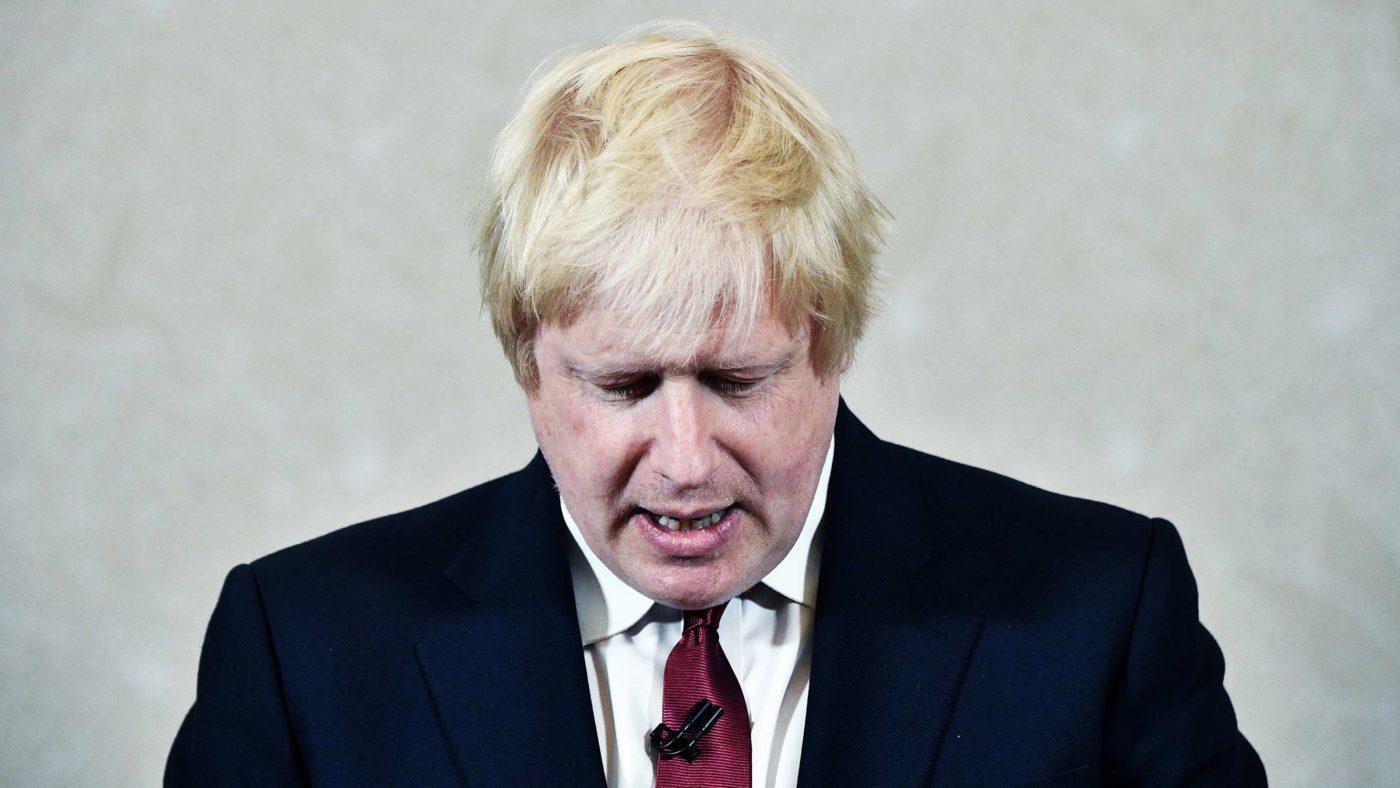This is the weekly newsletter from CapX. To receive it by email every Friday, along with a short daily email of our top five stories, please subscribe here.
Exhausted from a fierce and all-consuming battle over Britain’s EU membership, much of Westminster was looking forward to last weekend as an opportunity to collect thoughts, re-kindle fractured friendships, and catch up on sleep. Yes, there was a lot to discuss after Friday’s results, but the process of unstitching Britain legally from the continent (whilst smiling politely and apologising in a typically British manner) could wait until Monday, surely? No such luck.
Starting in the early hours of Saturday morning, the public have been barraged with almost hourly updates of rapidly increasing chaos, in a spectacular display of some of the worst political sportsmanship seen in Britain. Charlotte Henry has written for CapX on how bitter Remain voters should be more gracious in their defeat, but it is not just the public who have been sore losers.
Scotland’s First Minister Nicola Sturgeon has gone into over-drive. She has moved from declaring Brexit unconstitutional, to threatening to block a parliamentary vote on it, to asking to form the official opposition in Westminster, to dashing off in order to sweet-talk the European Commission in preparation for Scotland’s application as an independent country, all with breath-taking speed. While the majority of Scotland did vote to remain in the EU, Sturgeon’s reaction is the political equivalent of stamping your feet and whining “you’re wrong; it’s not fair; well I don’t want to be friends with you anyway”. Quite an extraordinary masterclass in keeping yourself in the headlines, but otherwise rather ineffective. The referendum was, of course, constitutional and Prime Minister Rajoy of Spain has already flatly refused to hold talks with Sturgeon regarding an EU membership. So the Scots can, much to their chagrin, be put on the backburner.
More baffling and worrying is how no-one seems able to deter Labour leader Jeremy Corbyn from marching his party towards the edge of the cliff. As Rachel Cunliffe wrote for CapX, Corbyn has firmly proven that there is no single Conservative Party failure so catastrophic that he cannot turn it to his disadvantage. The fall-out of the Brexit vote has produced an inordinate amount of ill-feeling and name calling. But instead of realising this and taking a deep breath, when Hilary Benn scolded him for his half-hearted commitment to the Remain campaign, Corbyn responded by promptly firing the Shadow Foreign Secretary. Within 48 hours, Corbyn had lost the majority of his cabinet, prominent backbenchers, their aides and, frankly, his party. A vote of no confidence was called within two days of sacking Benn, which Corbyn lost 172-40. Yet astoundingly, he has simply refused to go. Whether this is delusion or arrogance or a blend of the two, what is clear is that this total disregard of parliamentary democracy on his part can only serve to damage the party he is supposed to represent, perhaps fatally.
Yet, entertaining as the demise of the opposition has been, the ruling party is hardly having a much better time of it. While David Cameron had the unhappy job of going back to Brussels to explain what has actually happened, the race to replace him kicked off so quickly there was a point when it looked like there would be more candidates for Tory leader than resignations from the Labour frontbench. Boris Johnson – once the shoe-in as Cameron’s successor – has retrieved his hat and shuffled back out of the ring in the wake of Michael Gove’s shock announcement of his candidacy. It’s becoming impossible to keep up with who we are supposed to mistrust the most. Tory Remain voters had barely been given the chance to forgive Boris for his betrayal of Cameron by backing Leave, when Boris himself was stabbed in the back by his once partner Gove. Boris changed his mind repeatedly before deciding dramatically to head up Vote Leave (no doubt gaining it more votes than the less inspiring Gove) with the sole intention of positioning himself for future leader. And now he isn’t even doing that. It all seems to point towards the sneaking suspicion that even many of Vote Leave did not expect to actually win – Boris was counting on a slim Remain victory which would propel him to power in two years’ time when Cameron had promised to step down. Things have gone horribly off-brief.
Stepping out of the madness, we have all shamefully forgotten about the Green party leadership contest, which has been granted all of two inches of column space in the last week. On the other side of the world, Australia is facing its own election tomorrow, with the hope of calming the political instability and messy infighting that has led to five Prime Ministers in as many years.
The political future of a Commonwealth country, and the impact on Britain’s relationship with it, is aptly topical as we commemorate the Battle of the Somme a century on. Men and women from around the world, many from the Commonwealth, supported Britain in its fight for freedom against opposing imperialist regimes. Now the topics of republicanism and the unity of Europe are on the cards once again. Instead of squabbling in the corridors of Whitehall, and exasperating at the irritating overuse of portmanteaus found in newspapers, it would perhaps serve us well to turn our thoughts to the thousands of soldiers who ended their lives in the trenches and shell-holes of Flanders, and ponder the futility of it all.


